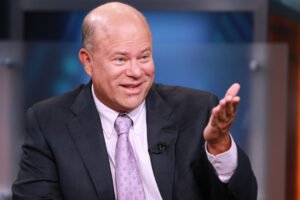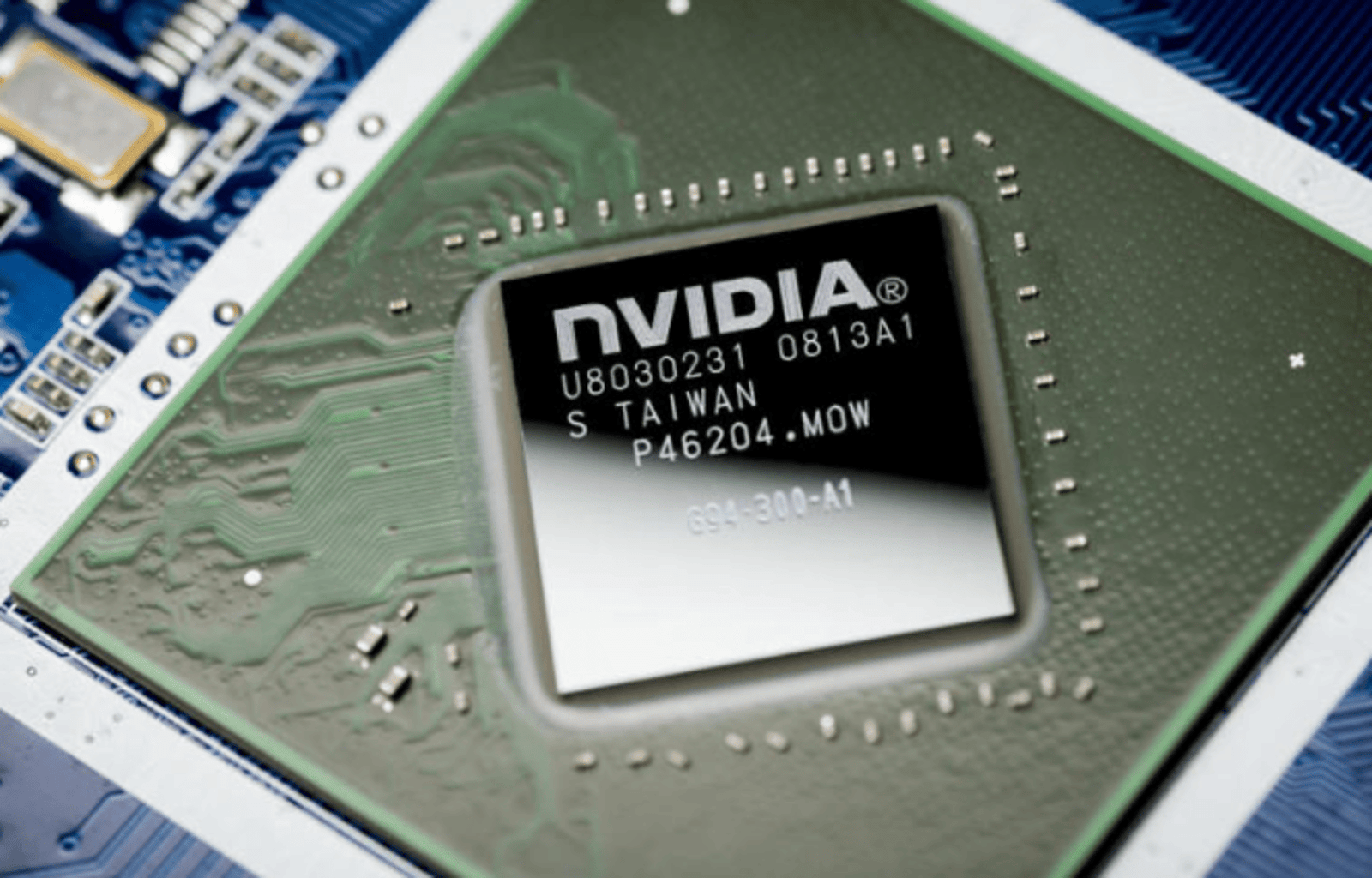
David Tepper 5 Key Strategies for Market Change. Overview of Tepper’s Recent Actions
David Tepper, a prominent billionaire investor, recently made headlines. He sold a significant portion of Appaloosa Management’s stake in Nvidia. This decision raised eyebrows across Wall Street. Tepper’s investment strategies have long been closely monitored due to his impressive track record. David Tepper 5 Key Strategies for Market Change
The Importance of 13F Filings
Every quarter, institutional investors file Form 13F with the SEC. This filing reveals the stocks that these investors have bought or sold. The recent filings from August 14 provided insight into the second quarter. These documents allow analysts to gauge the market’s direction.
However, these filings are not without limitations. They reflect positions that are about 45 days old. Thus, they may not represent the current market sentiment. Still, they remain valuable for understanding trends among major investors.
Tepper’s Impressive Track Record
David Tepper’s investment prowess is well-documented. His fund, Appaloosa Management, has delivered a gross annualized return of over 28%. This performance spans three decades, from its inception in 1993 to 2023. Investors watch Tepper closely, hoping to glean insights from his decisions.

A Focus on Nvidia
Its stock experienced a historic rise, driven by optimism around AI applications. However, Tepper’s recent move to reduce his stake raises questions.
Major Stake Reduction in Nvidia
In the first quarter, Appaloosa held 4.42 million shares of Nvidia. By the end of the second quarter, this number fell dramatically. Tepper sold 3.73 million shares, reducing his position by over 84%. This sharp decline is noteworthy, especially given Nvidia’s recent stock performance.
Reasons Behind the Sell-Off
Market conditions play a crucial role in investment decisions. Tepper’s move could indicate concerns about Nvidia’s valuation. Despite the company’s growth, high valuations can deter investors. Tepper may be prioritizing risk management in a volatile market.
The Broader Market Context
The stock market is influenced by various factors. Investors remain cautious amid economic uncertainties. In such times, making bold investment moves becomes critical.
Tepper’s Shift to Cyclical Stocks
After selling Nvidia, Tepper turned his attention to cyclical stocks. These stocks typically perform well in an expanding economy. Historically, they offer significant returns when the market rebounds. Tepper’s pivot indicates a strategic realignment.
Understanding Cyclical Stocks
Cyclical stocks are sensitive to economic cycles. When the economy grows, these stocks often flourish. Conversely, during downturns, they can struggle.
Cyclical stocks are an essential category in the investment landscape, closely tied to the economic cycle. Unlike defensive stocks, which tend to be stable during economic downturns, cyclical stocks are significantly affected by fluctuations in the economy. These companies thrive during periods of economic growth and often struggle during recessions.
The performance of cyclical stocks is linked to consumer demand. When the economy is booming, people tend to spend more on non-essential goods and services.
Tepper’s New Interests
While Tepper’s exact new positions are still unclear, interest in cyclical stocks is evident. This shift may suggest a belief in an impending economic recovery. As the economy stabilizes, these stocks may present attractive opportunities.
The Impact of Institutional Selling
Institutional selling can influence stock prices. When large investors like Tepper sell, it often signals caution. Other investors may react by selling as well.
Investor Sentiment and Market Reaction
The reaction to Tepper’s moves can impact overall market sentiment. Investors may take cues from his decisions. If Tepper is selling Nvidia, some may view it as a bearish sign. When high-profile investors like David Tepper make significant moves, the reactions can ripple through the financial landscape. Tepper’s recent decision to sell a substantial portion of his Nvidia stake is a prime example. Such actions can provoke various responses from retail and institutional investors alike.
When Tepper reduces his holdings, it may trigger a sense of caution among other investors. Many view his moves as signals about the health of a company or sector. If a respected figure in finance is backing away from a stock, some investors may interpret this as a bearish sign, prompting them to sell as well. This behavior can create a chain reaction, leading to increased volatility in the stock price.
Moreover, the psychology of the market often amplifies these reactions. Investors frequently engage in herd behavior, influenced by the decisions of prominent figures. This collective mindset can cause stock prices to swing dramatically, regardless of the underlying fundamentals. In the case of Nvidia, Tepper’s sell-off could lead to a broader reevaluation of tech stocks, especially those associated with high valuations.
On the other hand, Tepper’s shift towards cyclical stocks could evoke optimism about an economic rebound. If investors perceive this as a signal that Tepper expects growth, it may encourage buying in those sectors. Consequently, the overall market sentiment can shift based on these strategic decisions, impacting both short-term trading and long-term investment strategies.
In summary, the interplay between investor sentiment and market reaction is intricate. High-profile trades not only reflect individual strategies but also shape broader market narratives. As a result, keeping an eye on these movements is essential for understanding potential shifts in market direction.
Conclusion: The Road Ahead
David Tepper’s recent actions reflect a thoughtful investment strategy. While he sold a significant portion of Nvidia, he is focusing on cyclical stocks. This shift highlights his belief in potential economic recovery.
The market remains dynamic, and Tepper’s moves will continue to be watched closely. As investors assess their strategies, the influence of major players like Tepper cannot be overlooked. His decisions may provide valuable insights for those navigating the complex world of investing.








